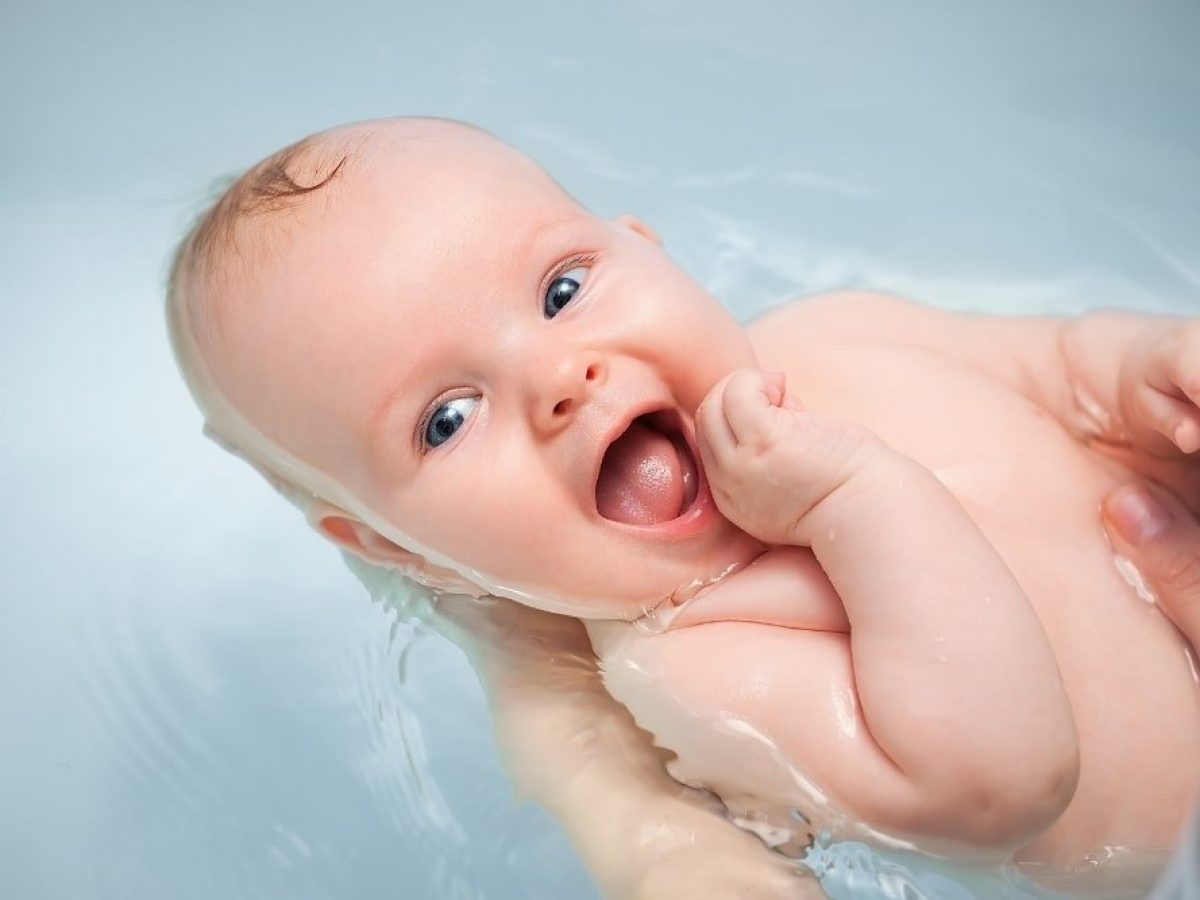 Baby Swallowed Bath Water - Should You Be Concerned?
Baby Swallowed Bath Water - Should You Be Concerned?Dry Drowning: What Every Father Needs to Know A breakdown of what it is, what to see and likely is actually happening by Steve Silvestro, MD You can also hear this article as podcast in your favorite podcast app or click on the player below:* Your child is in the pool, swallows some water and continues to play, but a few hours later, he is in the hospital with life support. Sounds a little extreme, doesn't it? However, this is a genuine concern that has bubbled through the parent community in recent years. Viral social media posts extend at the beginning of each summer, warning about the dangers of "dry home". And as a result, pediatricians receive dozens of phone calls, emails and Facebook messages from friends and parents of patients worried about their children in the pool or even the bathtub. But what is "dry home" and, more importantly, how much you have to worry about it? This article will give you everything you need to know about "dry home" and "secondary home", including what they are, what symptoms to see and how worried it should be. We will also cover what to do if you think your child might be experiencing secondary drowning, in addition to the best ways to prevent and keep your children safe.* Why is Dry Drowning in the News? The "dry home" phenomenon first gained national attention in 2008 through the tragic story of John Jackson, who was a 10-year-old boy with autism and ADHD. John accidentally inhaled water while swimming in a pool. At the time, he coughed a little, but then he calmed down. However, as the day passed, it began to look a little off, had two cocoa accidents in his pants and was too tired, finally he went to sleep before the usual. When his mother checked later, he had no answer and, ultimately, he died. John's story is terrible that, obviously, no father would want to experience. And therefore their history and others have inspired warnings about what has been framed as "dry home", with these warned stories that pass online and in the news programs of the morning every summer. Now, technically, John Jackson did not really experience dry drowning — suffered from what is called "secondary drowning." So let's talk about each of these and what's the difference between them. "Dry Drowning" vs. "Secondary Drowning" What is "shoulds drown?" The real dry drowning usually occurs when the water is quite cold and suddenly enters the airway very quickly. This could happen if you jump first into the water with the open mouth – the water rushes so quickly that instead of going to your stomach, it passes to your vocal cords. This sudden precipitation of the cold water makes the vocal cords slip away, which means they tightly tighten the closure. They do this to protect their lungs, to make sure nothing gets in, but they end essentially by closing the airway. With the braided vocal cords and the closed airway, the affected person cannot breathe. So in the case of dry drowning, water never reaches the lungs at all — hence, dry drowning. Unfortunately, the symptoms of dry drowning are often quite nonexistent: the effects are so fast that most people who experience it never come from water. Luckily, the real dry drowning is extremely rare, we'll be there in a moment. What is "secondary drowning?" Now what the children in the stories we hear generally suffer is not technically "dry drowning", but rather a process called "secondary drowning" or "delayed drowning". In secondary drowning, the child accidentally inhales a quantity of water in the lungs while playing or nothing in the water. This is more like true drowning than dry drowning, as water is turning it into the lungs. This water inhalation, also called aspiration, could be demonstrated at the time it happens for only a small cough or gaseous combat. That first cough adjustment can end after a few moments. However, during the next few hours, the small amount of water that entered the lungs begins to cause ravages. After all, we are not meant to have swimming pool, lake or oceanic water in our lungs, so over time it begins to cause swelling and inflammation. This inflammation, in turn, makes some of the body's fluids start to build within the lungs, making it difficult for the lungs to do their work and bring oxygen to the blood. The air is entering the lungs with every breath, but the tissue cannot remove the oxygen because the fluid is on the way. The effect is that over time, the affected person is not getting enough oxygen and suffers effectively even if they are breathing. This can happen many hours later, in some reports even up to 3 days after initial aspiration, although that is really very rare. That's why, in many of these stories we hear, the child spends while he lies down or after he lies at night, hours after the pool event. It's really the worst nightmare of every parent. And the way stories are often told, it seems even worse, because the articles will often imply that the child was perfectly well before they happened. But the truth is that there are signs that you can see that can make you know that something is wrong. You just have to know what you should look for.* What to see for So let's talk about the symptoms of secondary drowning so you know what to see, if your child has an event in a pool that worries him: But kids swallow water and cough in the pool all the time, right? What we're really talking about is coughing after the water event. For example, if your child cut and coughed while swimming, but an hour or two hours later begins to have progressively worse coughing out of nowhere, then that is a concern. This can sometimes be hard to say because you might think your child is just tired after a long day at the pool or beach. But if your child seems to be overly tired, more than you might think it would make sense, more than you think is reasonable for the activity he has done, and especially if it is occurring after your child had a remarkable cough spell while he was in the water, then it may be worth talking to your pediatrician. Knowing these symptoms is key, because as terrifying as listening to stories of children going to sleep after swimming and never waking up from their nap, etc., the vast majority of these and other children experiencing secondary drowning will show at least some of these symptoms. If we thought again in John Jackson's story, he coughed significantly in the pool, then he showed signs of behavioral change when he got dirty twice, and later he was overly tired and put himself to bed before he expected. Of course, the rear view is 20/20. But now that you know the symptoms of secondary drowning, you will be able to see the red flags while they occur. What should you do? If you see any of these symptoms after your child has been swimming, and especially if you know that your child had a coughing spell in the water, then call your pediatrician urgently. If your pediatrician is taking more than 30 minutes to return your call and your child continues to experience these symptoms, then look for medical care immediately. Note, however, that secondary drowning becomes a consideration if you see these symptoms, not if the only thing that has happened is a cough spell in the water. Tons, tons and tons of children, and adults, also coughs in the water every day. But dry drowning and secondary drowning are, in fact, extremely rare. How worried should I be? While some of the articles that pass through the internet every state of summer that dry drowning and secondary drowning comprise 10% of drowned deaths in the United States, I have seen articles of medical professionals that indicate that the number is actually much lower, almost only 1 or 2%. In the United States, a little less than 4,000 people drown each year. So 1-2% of that means about 40-80 people a year die from dry and secondary drowning. Now, I don't want to trivialize that in any way. Each of those 40-80 people is someone's son or loved one. In addition, drowning in general is the second most common cause of death for children aged 1 to 4 years, so it should not be taken lightly. But to put it in perspective, make a trip to your community pool and you are likely to hear 10 cough kids at some point within just an hour or two of being there. Or perhaps a better perspective: approximately the same number of people dying from secondary drowning are killed by lightning attacks in the United States, an average of 30-50 people a year. And yet, the vast majority of us don't care about being hit by lightning every time we go out. And so, in the same way, the fears of drowning in high school should not prevent you from enjoying the water with your family or cause you to worry every time your child has a small cough in the pool or bathtub. How to prevent all types of overcrowding Instead, take precautions and be prepared. When it comes to lightning strikes, we all know that the safest thing to do when you see that lightning is going home. And there are definitely no kites with attached keys. When it comes to secondary drowning, these are the most important precautions you can take: The first is to teach your children to swim. Although not bulletproof, this is the number one way to reduce the chances of any kind of drowning. The second is to stay close to their children, especially if they are less than 4 years old. I'm a big fan of letting the kids go out and do their thing. I believe in giving children a lot of unstructured time, quite unsupervised so they can explore, be creative and become self-sufficient. But children 4 and below really must be within reach of an adult when they are in the pool, no matter how good a swimmer thinks they are. And finally, arm yourself with the information we cover in this article. Know the symptoms of secondary drowning, because there are symptoms. Kids swallow water and cough now and then when they swim. Adults too. But if we all panic every time someone gets in and coughs around the water, the pools would be empty and the ERs would be full. So, instead, know what to take care of, not so you have to be anxiously vigilant, but so when the symptoms occur, they stand out and you know what to do. In the meantime, enjoy that time in the water with your loved ones!—[Update: There has been a change among other medical professionals to stay away from using the terms of "dry" and "secondary" drowning, and instead of calling all kinds of death in the water simply "sembrando". After conversations with several other doctors in the field, I think it is still important to make distinctions between what is typically associated with "wasting" — that is, inhaling water and dying in the water — and these very rare events of inhaling water and dying many hours later. Therefore: It is believed that the choice of calling all these mechanisms of death by water by the simple term of "refuge" is a preventive security measure: the idea is that we continue to say that drowning is a primary cause of death in children, so it must be careful and closely monitored to your child at all times when in the water. This is certainly a noble effort, after all, who could argue against encouraging parents to be sure? However, our role as pediatricians is not only to keep children safe, but also to properly and astutely inform parents when they do and do not have to worry when something happens. My fear is that by not distinguishing between "typical" drowning and "secondary" drowning—and by simply saying that drowning is a major cause of death and can occur many hours later—we will fail in our task of properly managing the anxieties of parents. When we stop distinguishing between the different drowning mechanisms, that means that we no longer inform parents that inhaling water and dying several hours later (secondary drowning) is extremely rare, being the result that we not only do the most vigilant parents when their children jump into the water, we also dramatically trigger the amount of fear and anxiety that many parents will face every time their child does something as common as cough in the pool. Every pediatrician who responds phone calls in the summer knows that there is already much greater concern about secondary drowning than there really is. There must be some way to achieve a reasonable balance between vigilance and anxiety, and there is: education. With all my articles and podcasts with the Guide to the Reparation of Children, I do not intend to tone things up, but to explain clearly. Calling all "wasted" is the first; this article seeks to make the latter. I hope you agree and you found this informative work. Share These images on PinterestLIKE What have you seen so fast? Accept my children for free HEALTH TIPSYour First Name Your Email Address * GET MY FREE KIDS' HEALTH NEWSLETTEREmail Address * First Name Last Name Popular PostsNo Coronavirus Break Playdates. Here's the Why. A pediatric letter to Doc McStuffinsFever In children: How to treat and when to worry Advice for Thought, Cultivation and RechismoThe new fastest way to teach your child How to ride a bike Things are about to get... DR. STEVE SILVESTROSTAY IN TOUCHGET MY KIDS HEALTH NEWS E-mail address * Name Surname
We strive to provide you with a high quality community experience. We respect everyone's right to express their thoughts and opinions as long as they remain respectful of other members of the community, and comply with the Terms of Use of What You Expect. If you feel that a message or content violates these standards and you want to request their removal, send the following information and our moderator team will respond shortly. The newborn may have fresh water during the bath My 7 weeks old may have swallowed water during the bath time. We were rinsing his abdomen and some were thrown on his face while his mouth was open. Is there any concern here or am I unnecessarily concerned? Whenever you are concerned that your child (or yourself) has ingested, breathed or touched something harmful, you must call poison control. Water is obviously not poison, but they will know if you have to take your LO to urgent attention or give you some care instructions. For example, my son put raw chicken in his mouth when he was 15 months old. Raw chicken. I called poison control. They weren't impressed. But they told me to watch diarrhea and treat any symptoms. If your LO is at risk for any damage, it will be so. The baby will only get the races. Someone posted on one of these tables, which some brothers gave a baby as a portion of chocolate ice cream or a smoothie or something. The baby just puked! The system's fine. There are 3 lines of defense: First, water is likely to have no harmful germ. Second, the acids of the digestive system kill things. Third, the baby's immune system can do some work. So don't worry. Thank you. TFTm cares! I also agree with this poster about calling if you always care better to be sure I'm sorry xx Don't stress! A little bath water won't hurt your LO that I went crazy for the first time that my LO took a little bath water (it's obsessed with trying to drink it) Now the shower with a bath seat makes it a little easier and she can't drink it lol Literally don't worry. It's a little water and it won't hurt your baby! It's totally fine. I did this when I was a newborn. Now he's almost 7 months old and the water didn't hurt him, you have no idea how much shit your son will put in his mouth in the next 3 years. It's generally harmless. If it looks uncomfortable or having loose stools, maybe you can call. But I doubt there's something that might come out of it except for an additional immunity. Related articles > DiscussionsFirst Birthday Topics Best Bathroom Suggestions Join These moms who share birth storiesFind support in our PPD groupGame to your week of pregnancy trends in what to expect8 expensive products Moms say money is wrong captivating You can't see this cool content because you have the enabled ad block. Please clarify our site to get all the best offers and offers from our partners.8 Significant Ridic Things Others Did in the Delivery RoomMoms Discuss Family PlanningMoms Get Real About Postpartum SexMom Talk About How to Program Mom's Time The educational health content about what to expect is to be updated and in line with evidence-based medical information and accepted health guidelines, including medical exam What to Expect Heidi Murkoff's Books. This educational content is not medical advice or diagnosis. The use of this site is subject to our and . © 2021 Health of All Days, Inc
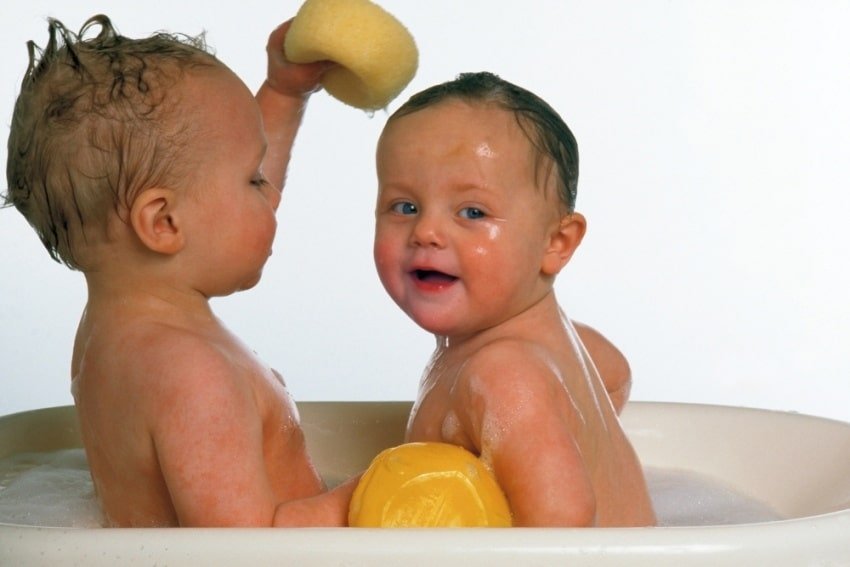
Baby Swallowed Bath Water - Should You Be Concerned?
Is it normal for my baby to drink bathwater? | BabyCenter
Newborn Baby Swallowed Bath Water - Newborn baby
Water Intoxication in Babies: Everything You Need to Know | Parents
Newborn Baby Swallowed Bath Water - Newborn baby
What to do when your baby poops in the bath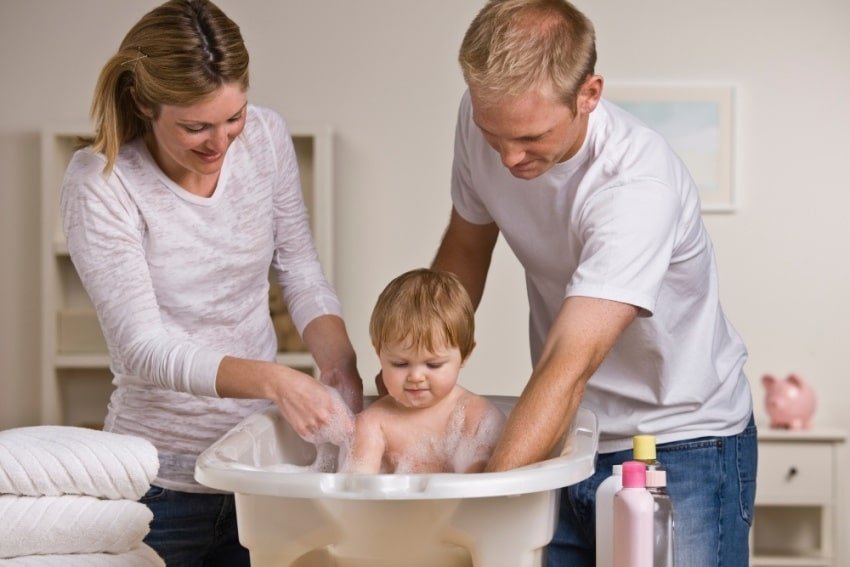
Baby Swallowed Bath Water - Should You Be Concerned?
Newborn Baby Swallowed Bath Water - Newborn baby
My baby swallowed water and choked a little during bath time :( - January 2020 Birth Club - BabyCenter Australia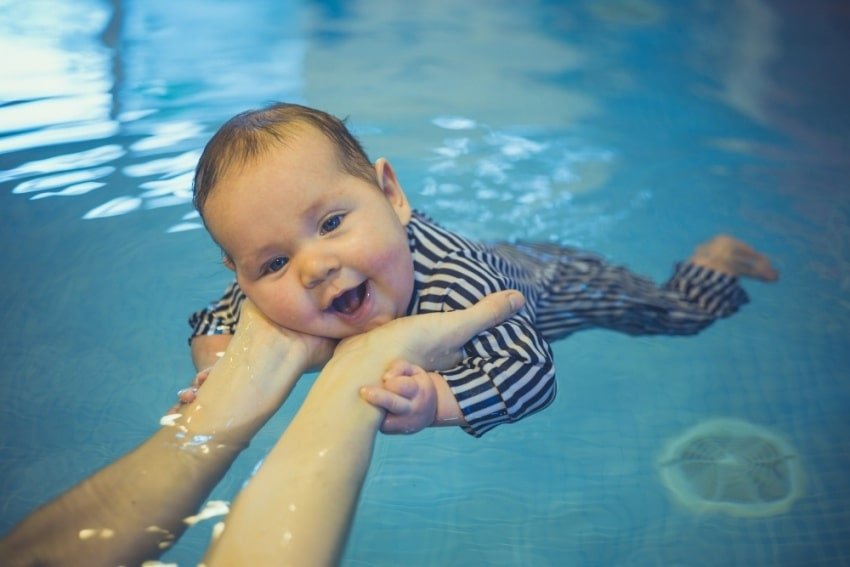
Baby Swallowed Bath Water - Should You Be Concerned?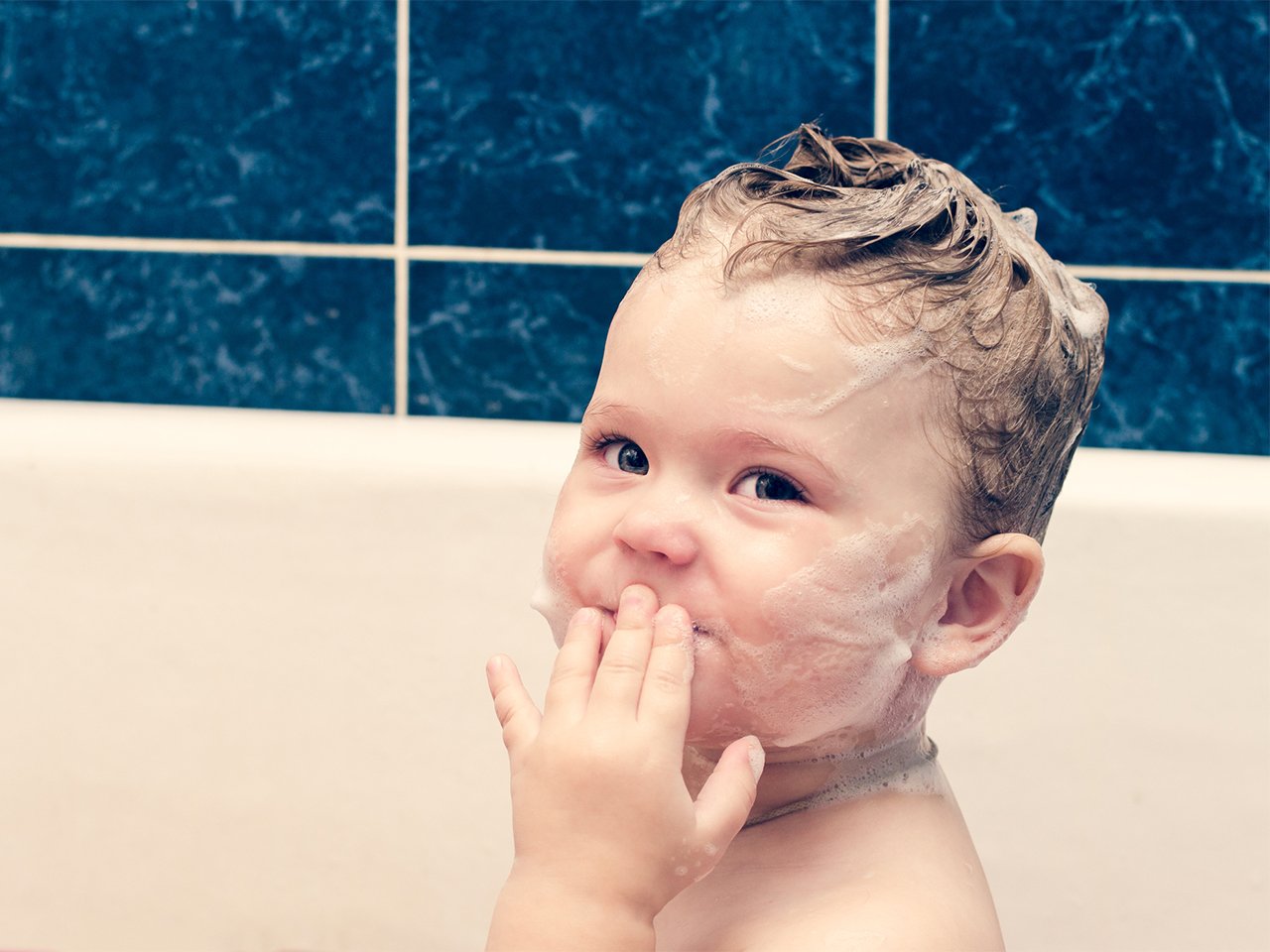
Why does my toddler drink dirty bathwater?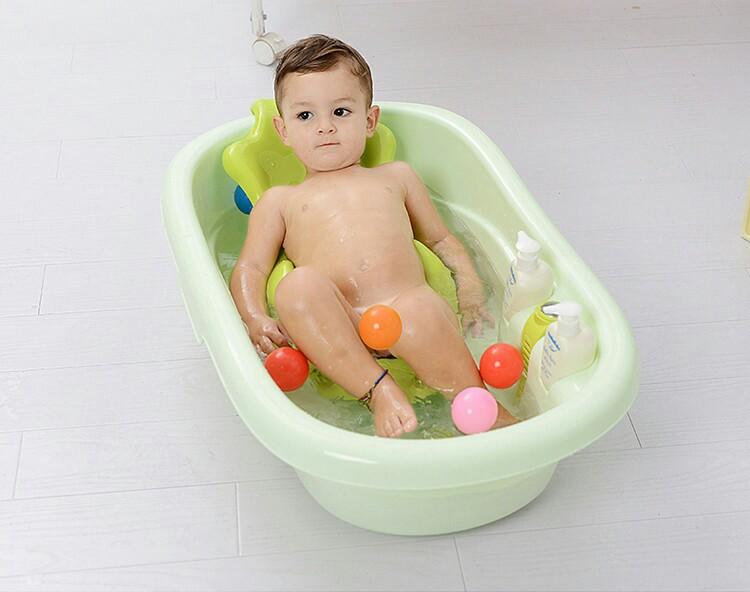
Infant Bathtub Children Bath Basin Newborns Tub Baby Supplies Plastic Kids Tub Shower pao zao tong-intl, Babies & Kids, Nursing & Feeding on Carousell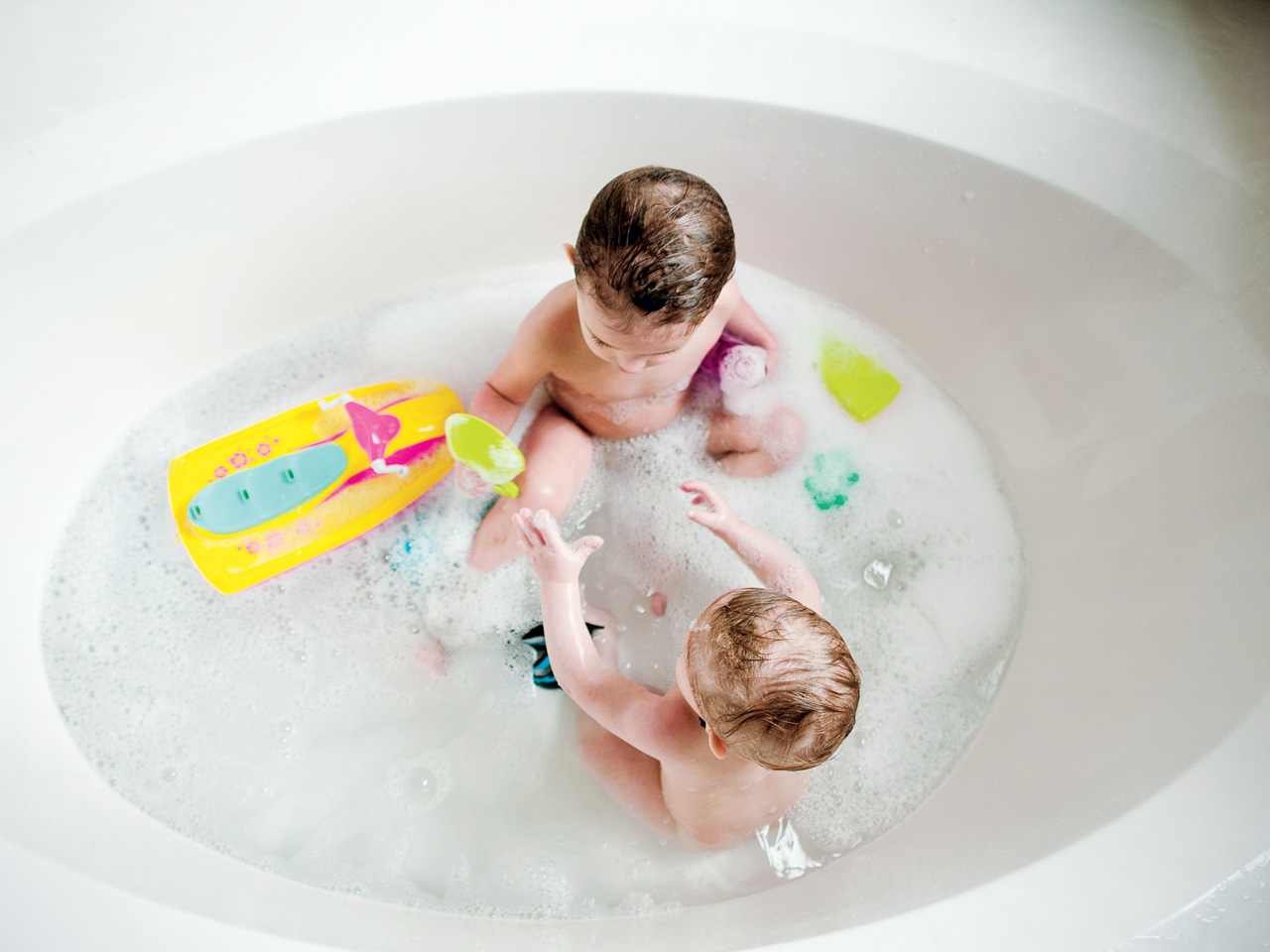
Newborn Baby Swallowed Bath Water - Newborn baby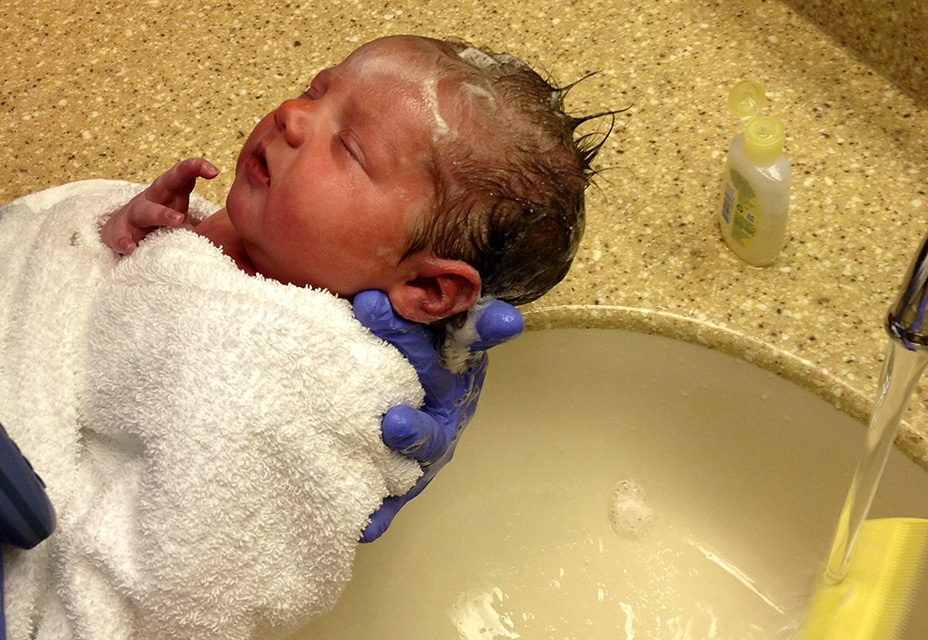
Delaying Baby's First Bath: 8 Reasons why doctors recommend waiting before bathing a newborn - ChildrensMD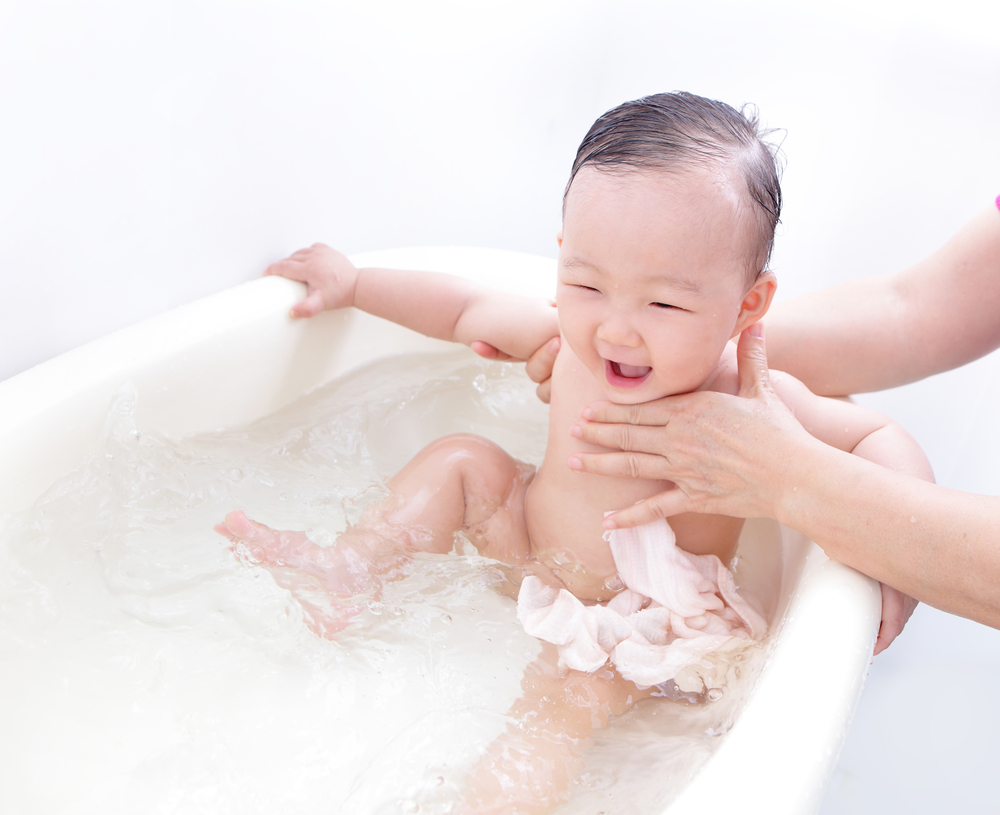
Bath Time Safety - BabySparks
Baby Tub Basics: Tips for Buying an Infant Bathtub | Parents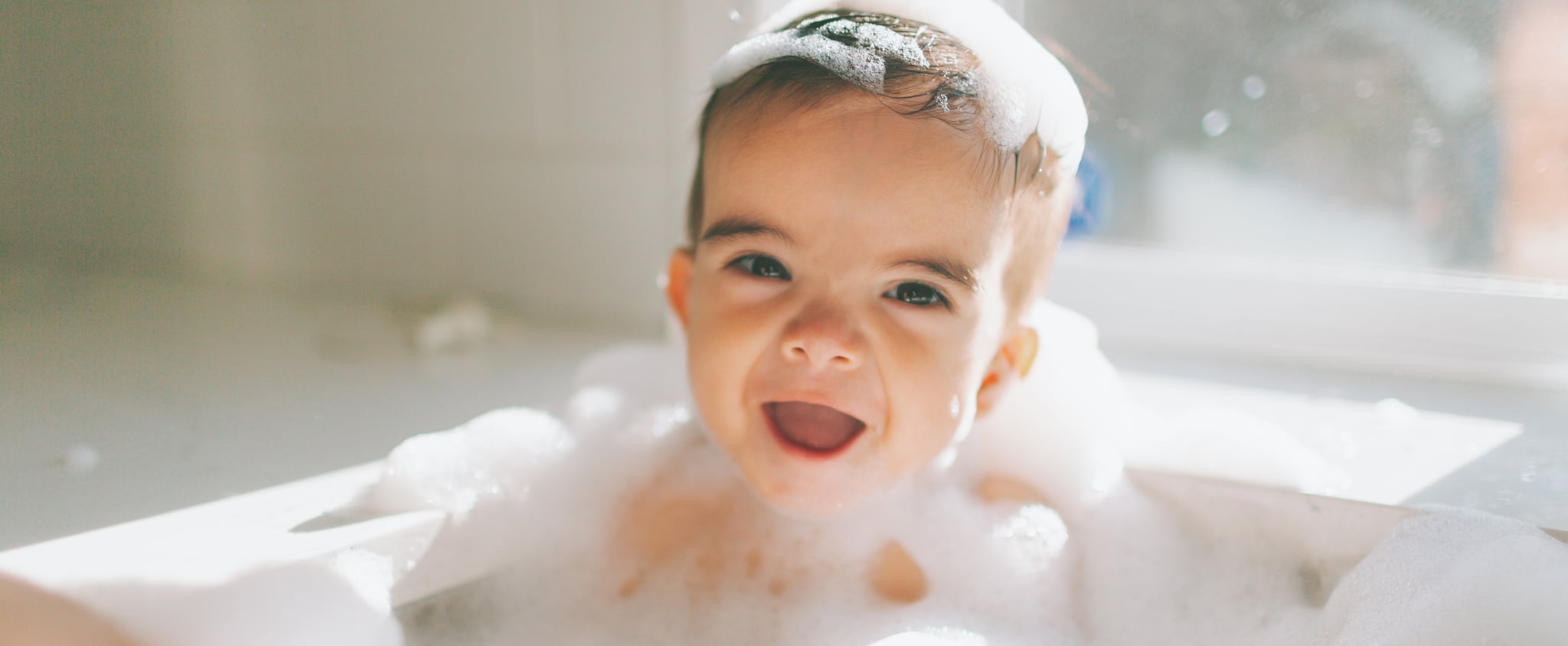
Can Toddlers Get Sick From Drinking Bath Water? | POPSUGAR Family
Mold in kids' sippy cups and toys: How dangerous is it and what can you do about it? - Care.com
Children's Large Foldable Bathtub,Portable Plastic Baby Bathtub Home Thickening, Newborn Baby Bath Washing Tub, Pet Bath Tubs - Walmart.com - Walmart.com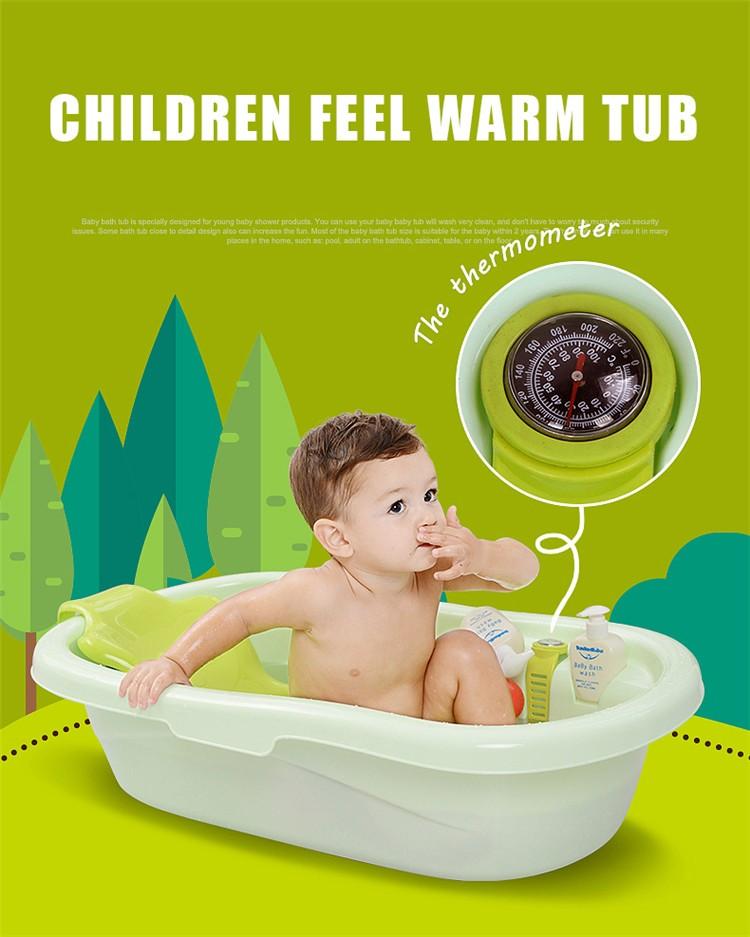
Infant Bathtub Children Bath Basin Newborns Tub Baby Supplies Plastic Kids Tub Shower, Babies & Kids, Toys & Walkers on Carousell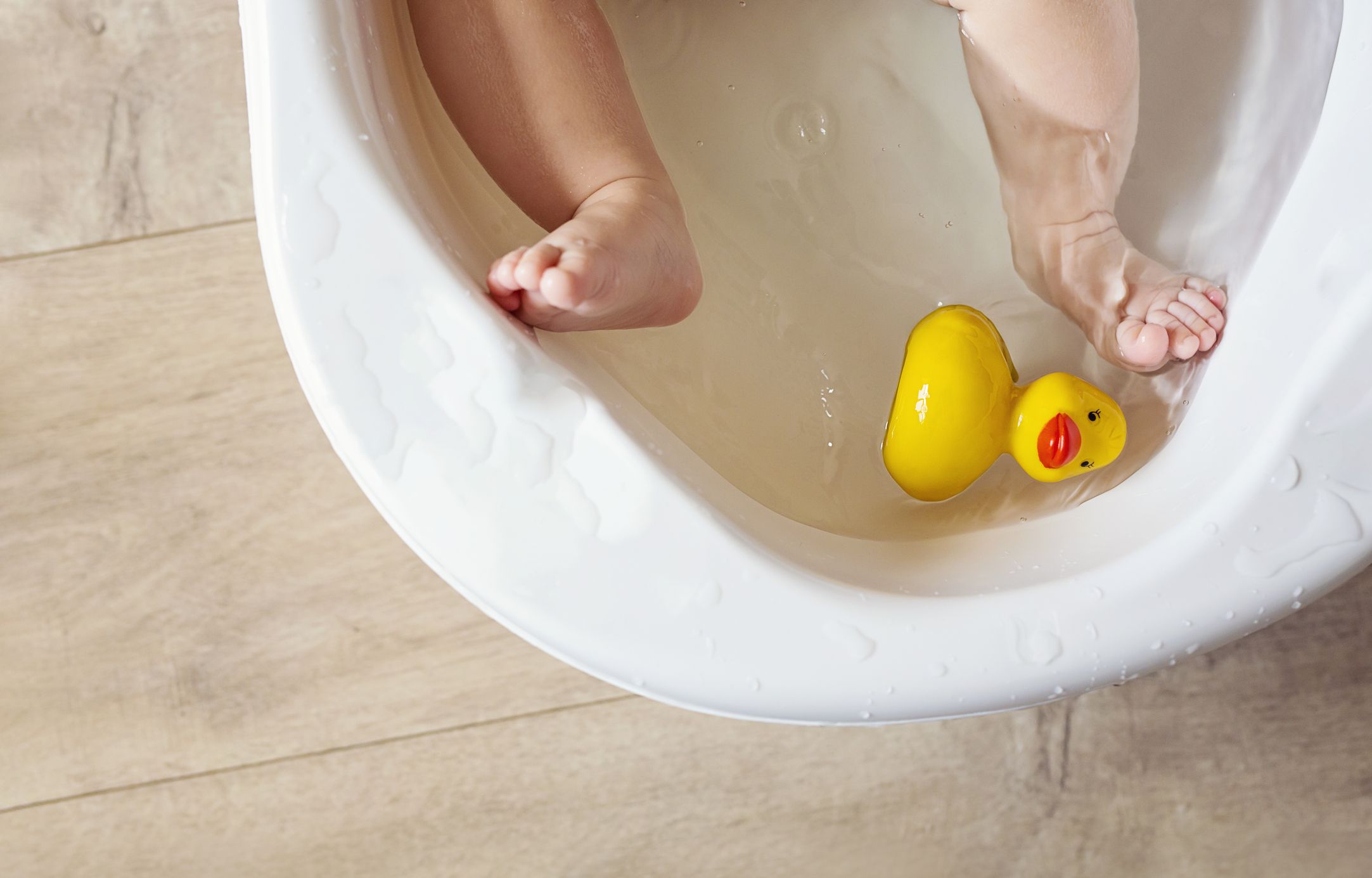
Newborn baby: practical advice for the first 3 months of parenthood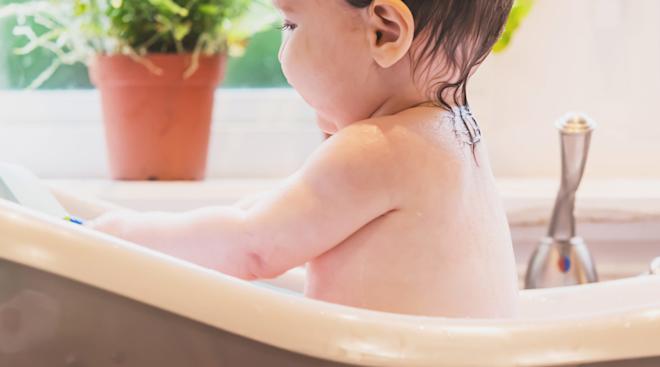
Mom Shares Warning After Infant's Scary Water Intoxication Experience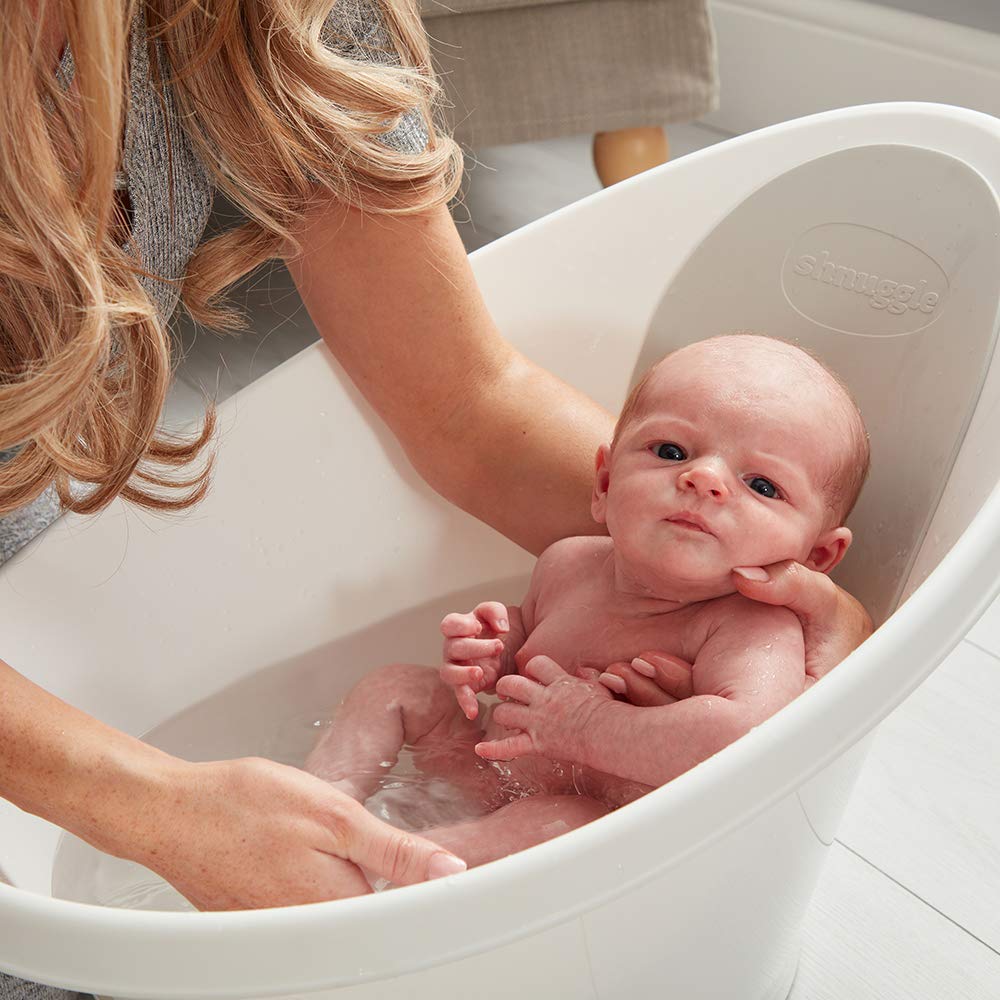
Newborn Baby Swallowed Bath Water - Newborn baby
Mother's chilling warning after her baby nearly died following a bath
The 'Dry Drowning' Debate: What You Need to Know
How to bath your baby in an upright bathtub - All you need to know! | Live With Less
Water births' may not be safe for baby, doctors warn
Mother's chilling warning after her baby nearly died following a bath![Family warns of]()
Family warns of "dry drowning" after 4-year-old nearly dies from swallowing pool water - CBS News
Should You Be Concerned that Your Baby Swallowed the Bath Water? - 2021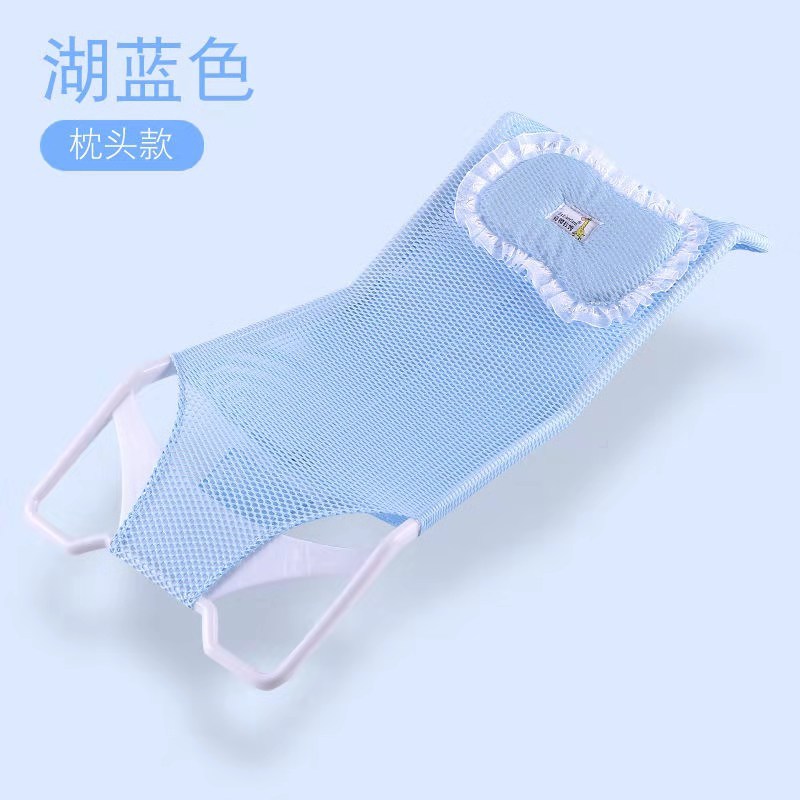
Newborn Baby Bath Bed Baby Shower Net | Shopee Singapore
Baby Dam USA Bathtub Divider Giveaway (US) 11/27 | Baby bath time, Baby bath tub, Baby changing mat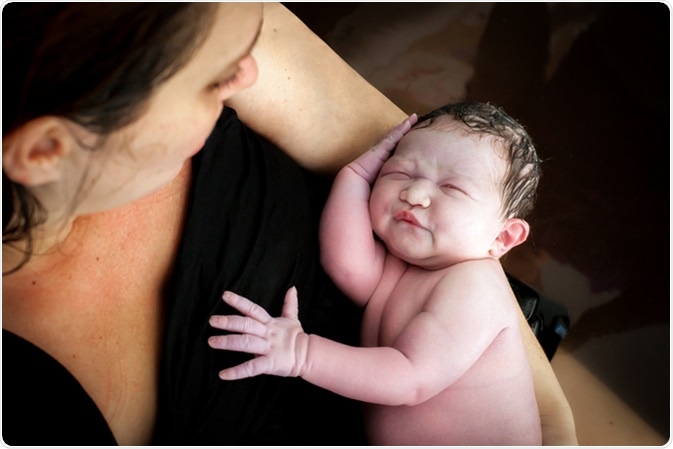
Water Birth Safety
After Baby Swallows Bath Water Mom Warns About Water Intoxication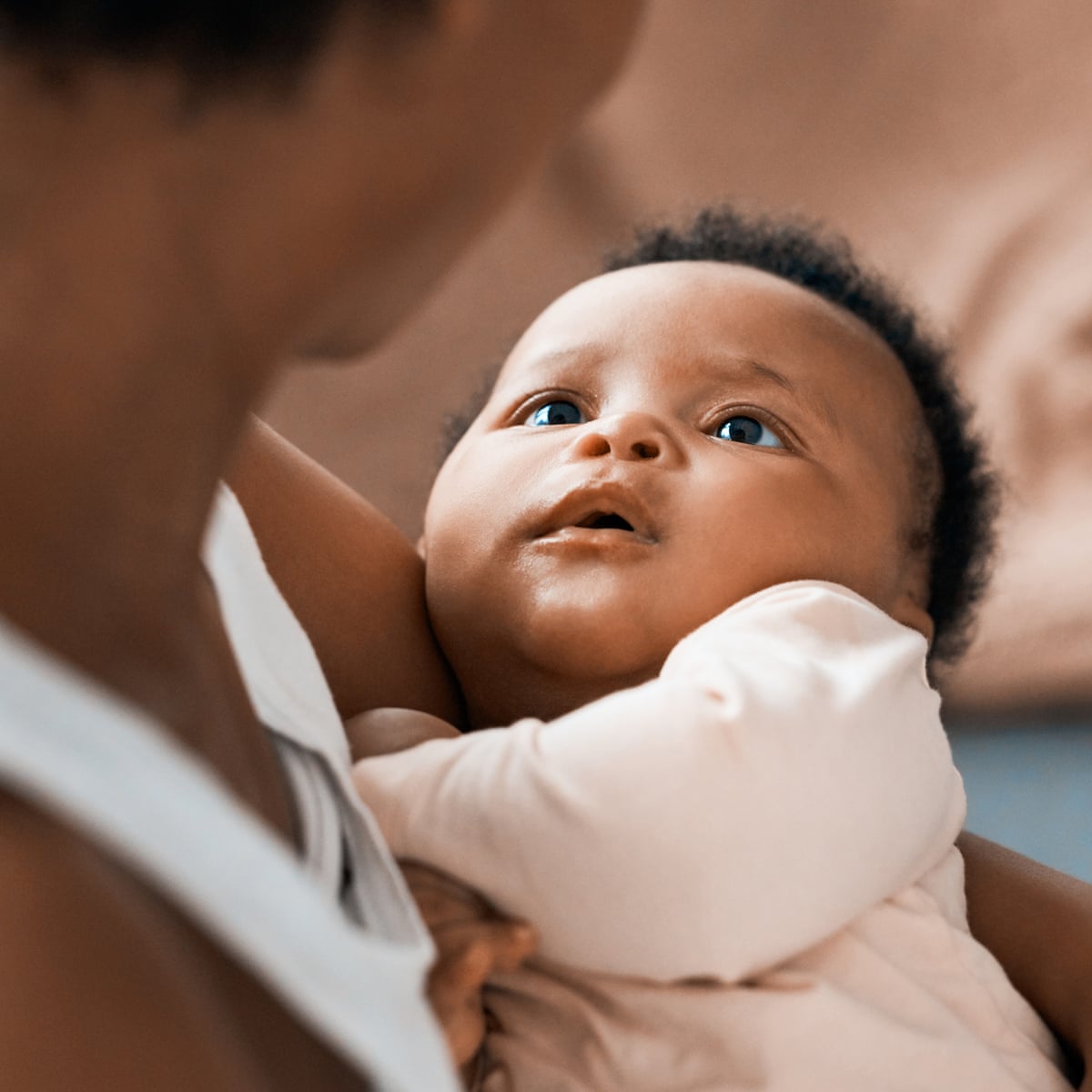
Bottle-fed babies most at risk as study shows high lead exposure in US water | Water | The Guardian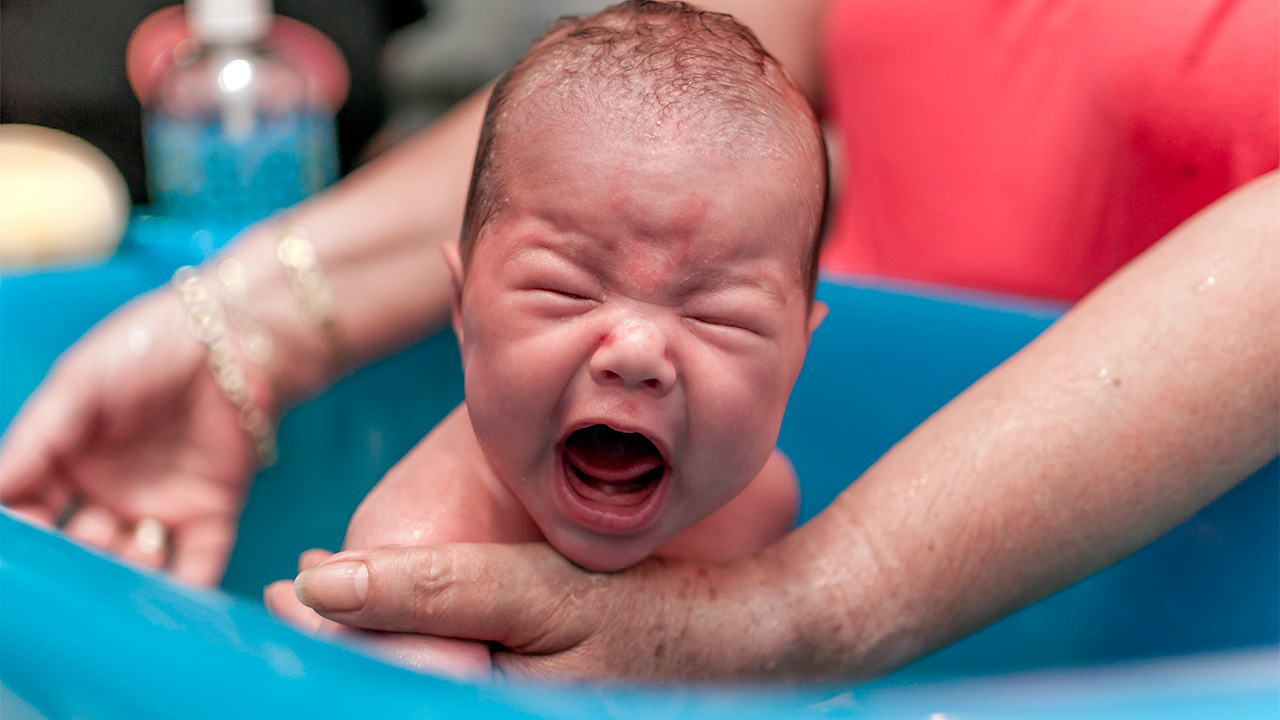
Newborns health & daily care | Raising Children Network
Epsom Salt Bath for Infants and Children - Is It safe?
Is it normal for my baby to drink bathwater? | BabyCenter
Introducing Babies to Water – birthlight
Mum issues warning as toddler is rushed to hospital after baby oil accident
 Baby Swallowed Bath Water - Should You Be Concerned?
Baby Swallowed Bath Water - Should You Be Concerned?



































Posting Komentar untuk "newborn swallowed bath water"